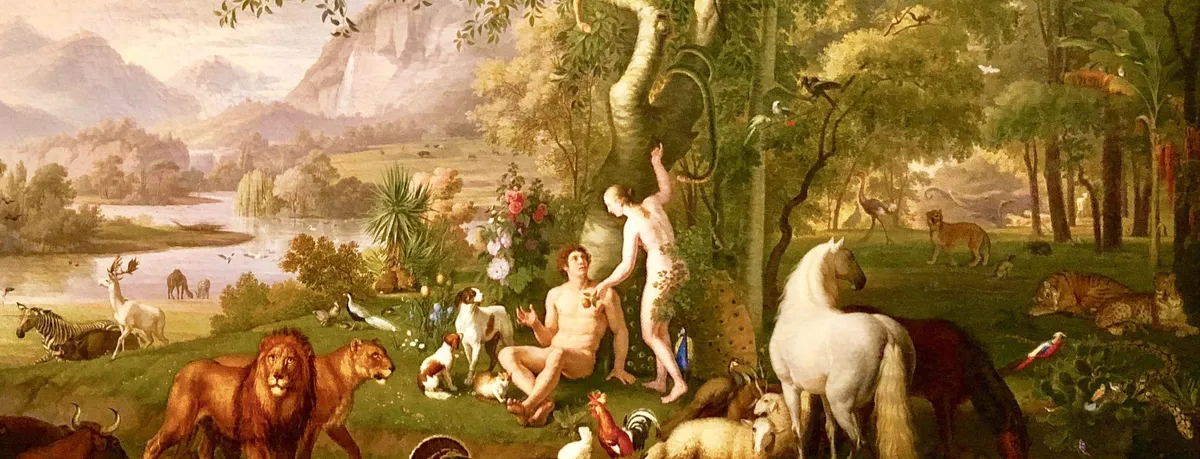Social Media Ain't News

Studies have a long confirmed what we already knew: social media is not a reliable source of information1234. Many studies describe the problem and its symptoms empirically surveying large crowds on their media consumption, knowledge of present day events, and emotional state. These are important insights especially with larger and larger demographics staying informed exclusively through social media. This article takes a different turn looking at the incentive structures governing social media platforms, which fundamentally puts them at odds with the ideals of news.
Engagement
The success of any social media platform is ultimately measured by some notion of engagement roughly equivalent to number of users times hours spent per user. The larger the number, the stronger the network effects, the more frequent the impressions, and the bigger the potential revenue. The challenge then becomes how to get as many people for as long as possible on to your platform resulting in two principles found across all platforms:
- Feed the user a never-ending stream of content instead of a finite, curated set.
- Whatever the user interacts with, give them more of the same.
What is News?
Intuitively, Wikipedia defines news as “information about current events”. So what’s information? Claude Shannon established the idea that information can be measured as a function of how unlikely or unexpected something is5. This makes sense, we can only learn things we didn’t already know. For example, there’s no information in being told that the sun rises in the morning. We already knew that.
This definition of information, and therefore news, is visibly at odds with principle #2 from above. By giving us more of the same, social media platforms intrinsically minimize surprise, novelty and thus information.
Sadly, neither of the principles above reward correctness, comprehensiveness, or truthfulness. Quite the opposite, curating lies and pushing balanced views might limit ones ability to target fringe audiences. Only the accuracy of predicting what a user wants is rewarded. This turns social media into a mere reflection of ourselves rather than the world around us.
A danger of giving us more of the same is that it doesn’t only cater to our interests. Depending on where we are on the Dunning-Kruger-curve for any given topic, it may provide the pleasure of staying on mount stupid for as long as we like without the painful realization of how much more there is to learn. We’ve all been there.
Targeting
Every social media platform is a targeting platform at heart. It drives the never-ending, customized stream of content designed to keep us engaged. The “fortuitous business synergy” of this is that ads and other content can be targeted just as well and with unprecedented accuracy based on the same user profile. The business incentives are what make social media platforms so ominous. They are the reason why we’re given so little control over what goes into our feed.
In the best case, we’re being gaslit into buying products we don’t need. In the worst case, we’re manipulated by campaigns targeting our fears and long held believes.
Final Thoughts
With news being inherently new and challenging, they’re fundamentally at odds with engagement and thus business incentives of social media platforms. No matter your convictions, you’re a product first. There’s no money in providing you with a balanced, comprehensive view of the world. If you’re looking for news, stop doom-scrolling. Social media isn’t a reflection of the world, it is a reflection of ourselves. Our feeds are designed to only show us what we want to see.
We’re at an interesting point in time. We’re experiencing the implications of an increasing number of people consuming information primarily through the self-reinforcing lens of social media giving rise to echo chambers. AI is a catalyst that will further increase the level of customized targeting and gaslighting. Conventional norms and institutions are already being tested. Access to accurate information has always been a challenge, yet this is the first time in history we can go out, do our due diligence, and come back perfectly content that we were right however wrong we are. Social media is a wolf in sheep’s clothing that deceives us with unprecedented levels of personalized comfort and authority that traditional campaigns and media outlets never could.


